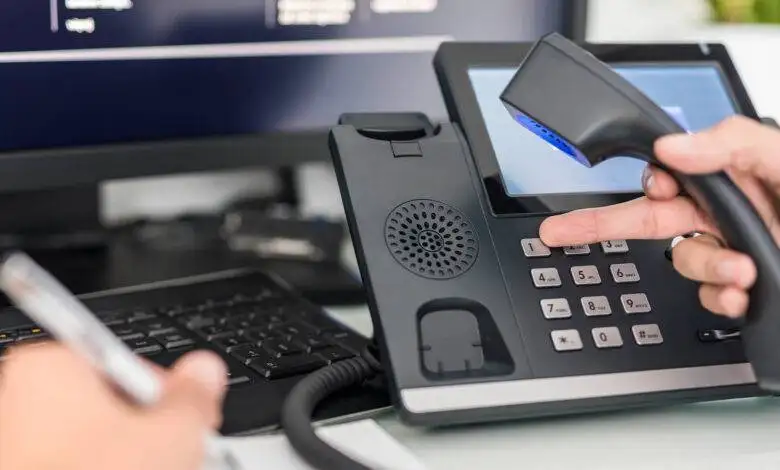How to Choose the Right VoIP Provider for Your Business

Today, VoIP phone systems have become popular in many companies to enhance customer relations and organizational communication. Selecting the right VoIP service provider for your business demands some serious decision-making.
First, there is the question of pricing followed by features, and lastly durability. Other important considerations are availability, call handling software, and options for integration.
Cost of VoIP Provider
However, there are so many aspects to consider when searching for a VoIP provider. First of all, let’s define what functions you need and how much money you can spend on them. You should also consider the consumer rating capabilities and the price offered by various VoIP service providers.
Most of the Business VoIP services charge an approximate per user and thus businesses should decide on the number of users they will require. You should also estimate the hardware such as desk phones, headsets for the agents, and mobile devices. To further this, one can ask the VoIP provider how much it costs to make an international call.
https://ooma.com/business/voip-phone-system/(opens in a new tab)
This must also be considered relative to the VoIP provider; their uptime or how often their service is down. As you will know, no provider can deliver their service 100% of the time but you must select a company with a high percentage of uptime. Another thing that is worth subjecting to analysis is whether the VoIP provider provides security features. Ensure that the network provider you choose offers their software updates often. I also want you to ask the VoIP provider as well how difficult or easy it will be to port his service to your existing PBX infrastructure.
Features about VoIP Provider
The actual decision of which VoIP provider to go with will depend on the features that you’d like.Businesses should choose a VoIP provider that offers high-quality calls and 24/7 customer support. Kiwi is one such provider. The VoIP solution should also include CRM software and third-party APIs. These integrations help with business operations.
A good VoIP solution will also help ensure less downtime and delay than with normal phone lines. This is particularly so in the case of business entities, which are in constant operation and have to be available all the time.
Choosing the right company is not easy. It is important to get the right solution for your business. Consider cost, customer support, features, and network quality. This will help you choose the best provider. You can save money and maximize your VoIP investment. In this way, your team can function optimally and achieve the goals of the project on time and without failure.
Reliability
Choosing a particular VoIP provider depends on the needs of your business, and what services are available to you. Some of the most relevant issues to look at are cost, business capacity, and customer service.
A reliable VoIP is essential for businesses because employees need to be able to reach each other, regardless of their location. For instance, the workers can analyze their data through the phone when in a meeting or at home through a tablet.
You also need to make sure that the provider of your choice provides hardware support for your communication tools. A reliable VoIP should also include E911 calls that display the caller’s location and phone number to emergency services. Furthermore, the provider should provide the convenience of around-the-clock support with the phone and live chat. This will benefit you if for instance, you want to look for some bugs in the software or if you want to check on any of your equipment. They should also provide Schedule software updates which assist in protecting your system.
Security
You should also ensure that the VoIP provider you choose is serious about security. They should adhere to proper procedures and secure a customer’s data when idle or when passing through the networks. They should also have a contingency on how to address normal emulate attacks and that all company connectivity to the internet should be on WPA2 encrypted WiFi.
Remote device management is a crucial cybersecurity feature for remote workers. Employers can remotely delete data if devices are compromised. Look for additional features like voicemail-to-email integration and call analytics. These features help protect your team’s data and track call traffic.
Last of all, consider the provider’s customer support because some of them operate round the clock to help their clients with any issue as long as they have live chats at their disposal.




